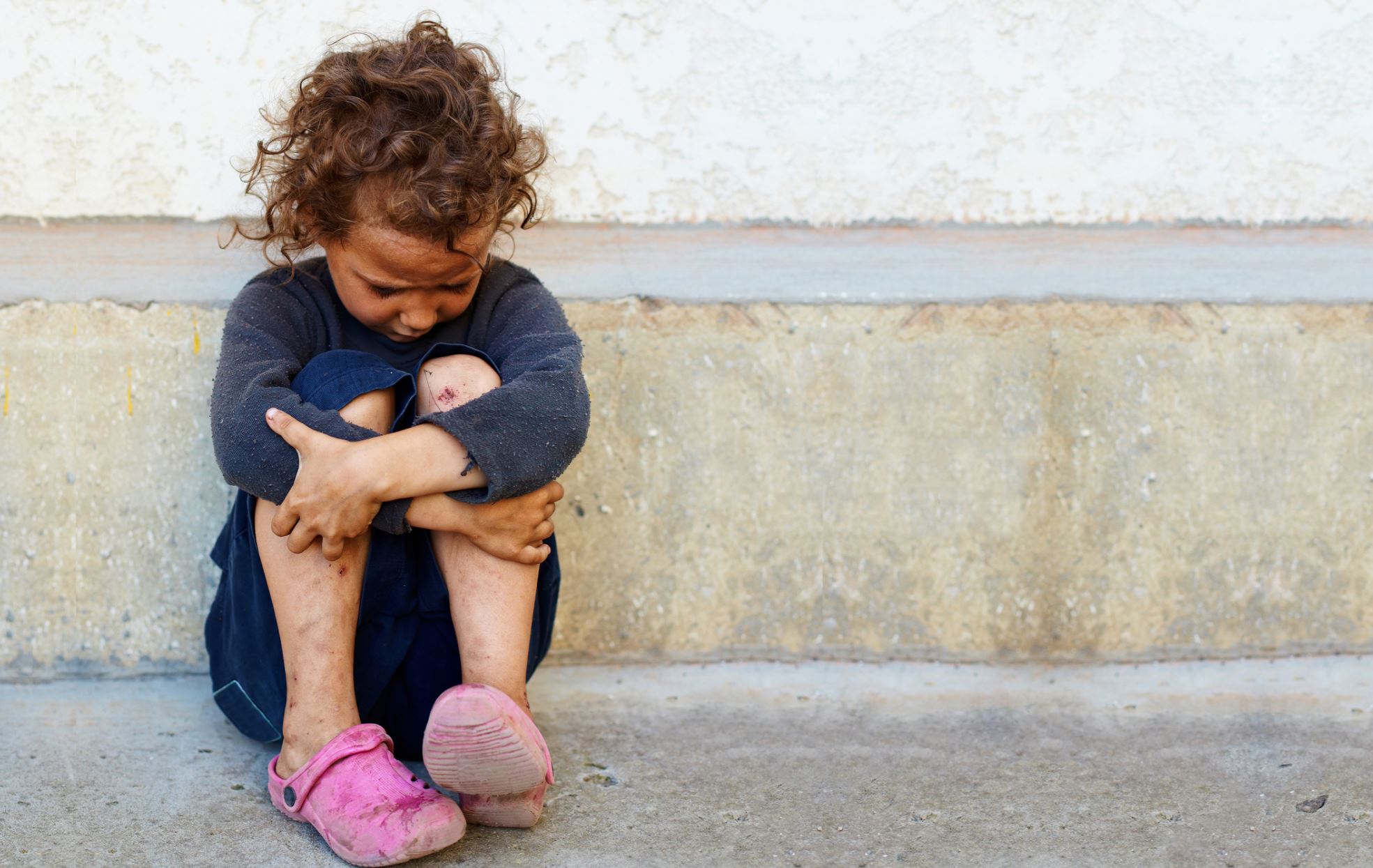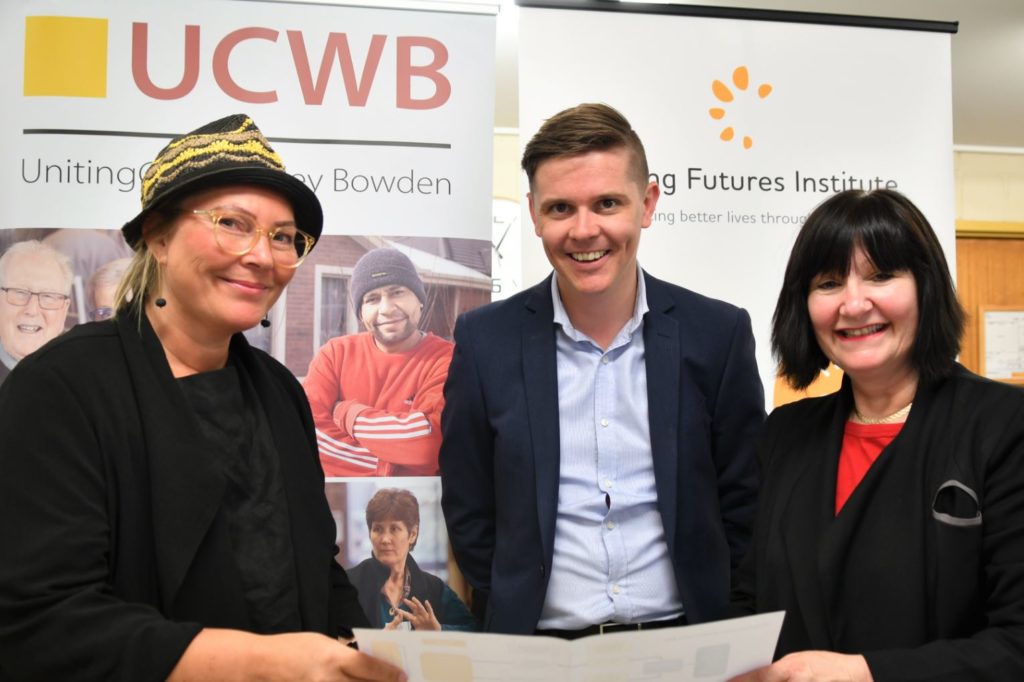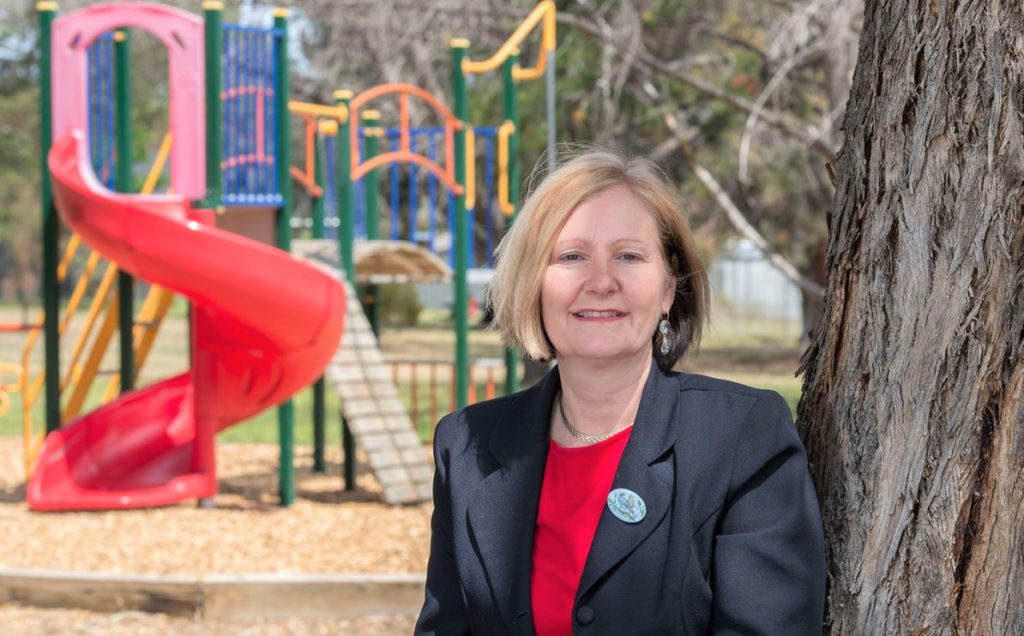
Free health care will be offered to homeless families in Adelaide’s south under a bold new initiative led by UnitingCare Wesley Bowden and Flinders University.
In a first for the South Australian homelessness sector, a nurse practitioner will offer free professional health services as an outreach service across three council areas, and at Marion for children and their families who are engaged with UCWB’s homelessness services.
The project recognises the detrimental impacts crisis and homelessness can have on children and their families and fills the gap for them to access services to support their physical and mental health.
The new service builds on the successful partnerships that saw student nurses from Flinders University work alongside UCWB’s homelessness team and win an award from the National Association for the Prevention of Child Abuse.

Children are the most vulnerable in cases of family dislocation or housing instability. UCWB Chief Executive, Fiona Kelly, says the service recognises the growing number of children entering homelessness and the impact this has on their physical and mental health.
The service will make it much easier for families to access free health services while going through an extremely difficult period on their life.
“Having a nurse practitioner working alongside our homelessness social workers will enable us to intervene early to disrupt patterns of ill health for families. In this way we can respond to their physical and mental health needs and assist children and families become physically and mentally well as they re-enter housing and their communities.”
Caring Futures Institute researcher Dr Yvonne Parry believes the program is an important towards improving outcomes for children affected by social isolation, and other major issues associated with homelessness.
“This sets an important precedent for other homeless services,” says Dr Parry, who is hoping to expand the program in other parts of Adelaide, Australia and even overseas.
“In our earlier study, we found providing housing was not enough. If a family is homeless, they didn’t get there overnight.
“We recommended that specialist child workers, in particular nurses who can liaise with children’s and therapeutic services, can work on the front line to overcome trauma and support families through this transition in cases of family dislocation or housing instability.”
Dr Parry congratulates UCWB for taking an important step in improving outcomes for children, the most vulnerable group in cases of social isolation and other major issues associated with homelessness.
UCWB’s homelessness services supports approximately 600 people each year. With approximately 170 of these being children aged under nine, it is hoped that this new initiative will help improve the lives some of South Australia’s most vulnerable young people.
Dr Parry will continue her research in this area with her latest project, ‘Enhancing lifelong development and the health and wellbeing of marginalised children 0 to 12 years’, which was recently awarded a Caring Futures Institute accelerator grant under the theme of Better Communities.


